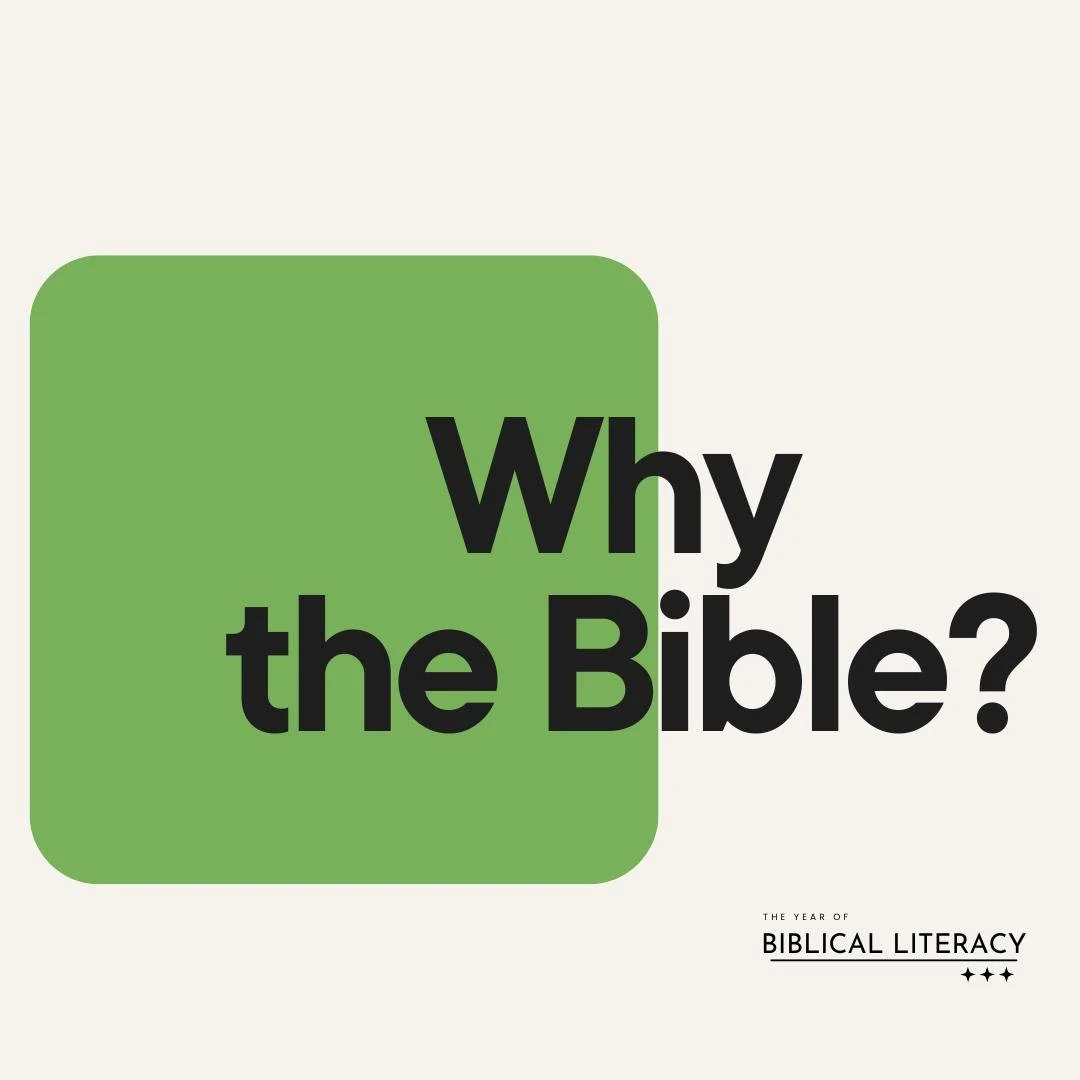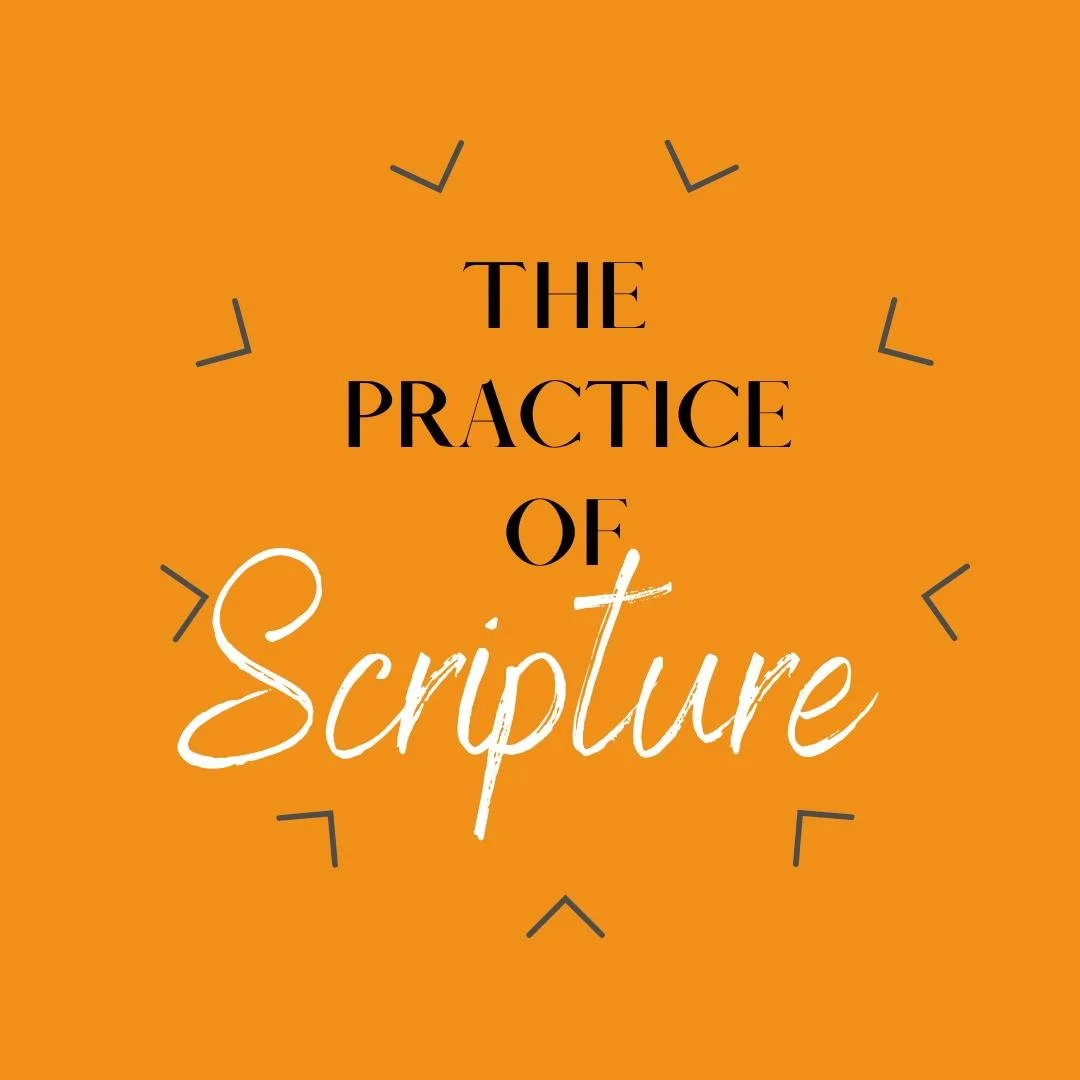
Catch up on our latest sermons
Our most recent sermon on video:
What is the purpose of the bible?
25th January 2026
To SEARCH THROUGH all of our available podcasts visit the archive
Or look below for our most recent sermons
If you expect the Bible to read like a self-help book, you may be missing its true purpose. Instead, the Bible’s many voices form one story that points us to Jesus and invites us into life with God.
Do you love Jesus but feel unsure what to do with the Bible? What is it about this ancient collection of writings that gives it such authority in the Christian faith? Ultimately, we read and trust the Bible not because it’s easy or unproblematic, but because we are followers of Jesus—and if Jesus trusted it then so can we.
On Sunday, we acknowledged the transition into the new year by giving God an opportunity to speak into our lives as we looked back at 2025 and sought His guidance and counsel for 2026.
Take some time out of the busyness of your Christmas schedule to pause, with a short candlelit service and traditional carols as we celebrate the true meaning of this season, the birth of Jesus.
In the middle of Advent—with Christmas just days away—we pause instead of rushing on. This contemplative service invites you to be still and make space for God to minister to your heart. Through silence, prayer, and the ancient practice of Lectio Divina, we reflect on Isaiah 9:6–7 and open ourselves to the presence of Christ: our Wonderful Counselor, Mighty God, Everlasting Father, and Prince of Peace.
A gentle, guided time of reflection to slow down, listen deeply, and prepare our hearts—not just for Christmas Day, but for Christ’s work within us here and now.
We’re on the brink of a year-long adventure that could change the way you see the Bible—and the way you see God. On Sunday, Todd explained what the Year of Biblical Literacy is all about and why it matters for every one of us. If you’ve ever longed to understand Scripture more deeply, this might be the year everything shifts.
Memorising Scripture feels old-fashioned in a world where everything is one Google search away. But what if instant access to information can’t produce the transformation your soul actually needs? Discover why hiding God’s Word in your heart may be one of the most powerful spiritual practices of your life.
Most of us love the idea of freedom, but few of us realise how deeply it’s tied to knowing God’s truth. This week we’ll explore why studying Scripture isn’t just for scholars—it’s a pathway to freedom, clarity, and transformation. And we’ll discover how even simple questions can lead us into some of God’s greatest treasures.
In a world addicted to speed, God invites us to read His Word at the pace of the soul, not the pace of our schedules. Drawing from Scripture—and a dog joyfully chewing his bone—we explore the lost practice of biblical meditation. Discover how slowing down with Scripture opens us to God’s voice and leads to true spiritual transformation.
Many of us know we should read the Bible — yet struggle to do it. What if reading Scripture isn’t about checking a box, but meeting the living God? This message invites us to follow Jesus’ example of immersing our lives in Scripture, not just to read the Bible, but to be formed by it.
Ever feel like temptation sneaks up on you when you least expect it? In this message, we uncover the enemy’s four timeless tactics of temptation and discover how prayer and trust in God become our ultimate “way of escape.” Don’t miss this powerful conclusion to The Way of Escape series — it might just change how you face your next temptation.
Sometimes, the only way to overcome temptation isn’t by fighting harder—it’s by not fighting alone. This week in The Way of Escape, we’ll explore how community and confession can break the power of shame and lead us into freedom.
When temptation comes knocking, most of us think we can handle it — reason with it, resist it, or outsmart it. But Scripture tells us the real key to victory isn’t negotiating with temptation; it’s fleeing from it. But what does it mean to flee temptation? The story of Joseph is a powerful example of what it means to leave your cloak behind and run toward freedom.
Resisting temptation isn’t easy—but Jesus showed us how. In the wilderness, He modelled the power of solitude, fasting, and Scripture to overcome temptation and walk in lasting freedom.
What does it really mean to be part of a genuine Christian community? In the final message of our We is greater than Me series, we explore how the Church thrives when every believer actively participates — using their unique God-given gifts to serve others and build the Kingdom. Discover why there are no spectators in God’s family and how you can find your place of contribution.
Most people want avoid conflict at all costs. Churches, in particular, are chronically conflict avoidant. But scripture shows us that conflict has been part of church life since the beginning. True community is not built by avoiding conflict, but by engaging it with honesty, humility, and love.
Vulnerability doesn’t come easy. Fear and pride often keep us from letting others in. But community can’t thrive without vulnerability. This week in our We > Me series, we unpacked why letting others see our weaknesses is not a liability, but a pathway to love, grace, and real connection.
Real love in community goes beyond politeness or surface-level kindness. It means being genuine, selfless, and willing to put others first. The Bible calls us to love with sincerity, not with masks of selfishness or convenience, but by choosing to honour, serve, and care for others even when it is difficult. This kind of love comes from knowing and receiving God’s perfect love, and letting that transform us to love with sincerity and depth.
We’re often hesitant to engage in community because of past wounds and fear of vulnerability. But what if the messiness of community is actually one of God’s greatest tools for transformation?
An ancient proverb says, “If you want to go fast, go alone. But if you want to go far, go together.” Sustaining a lifelong journey of following Jesus is only possible in community. This call goes beyond simply attending church—it invites us into relationships marked by depth, vulnerability, and a shared commitment to transformation.








